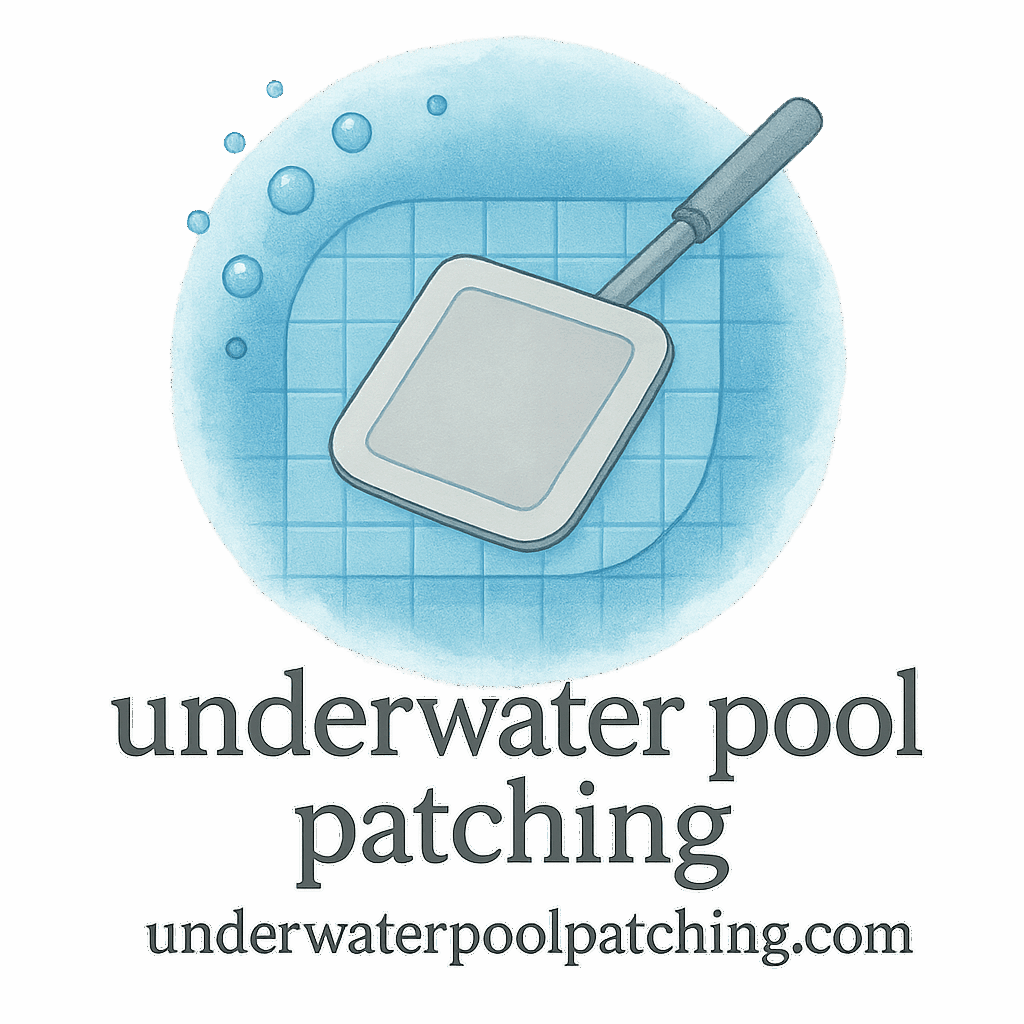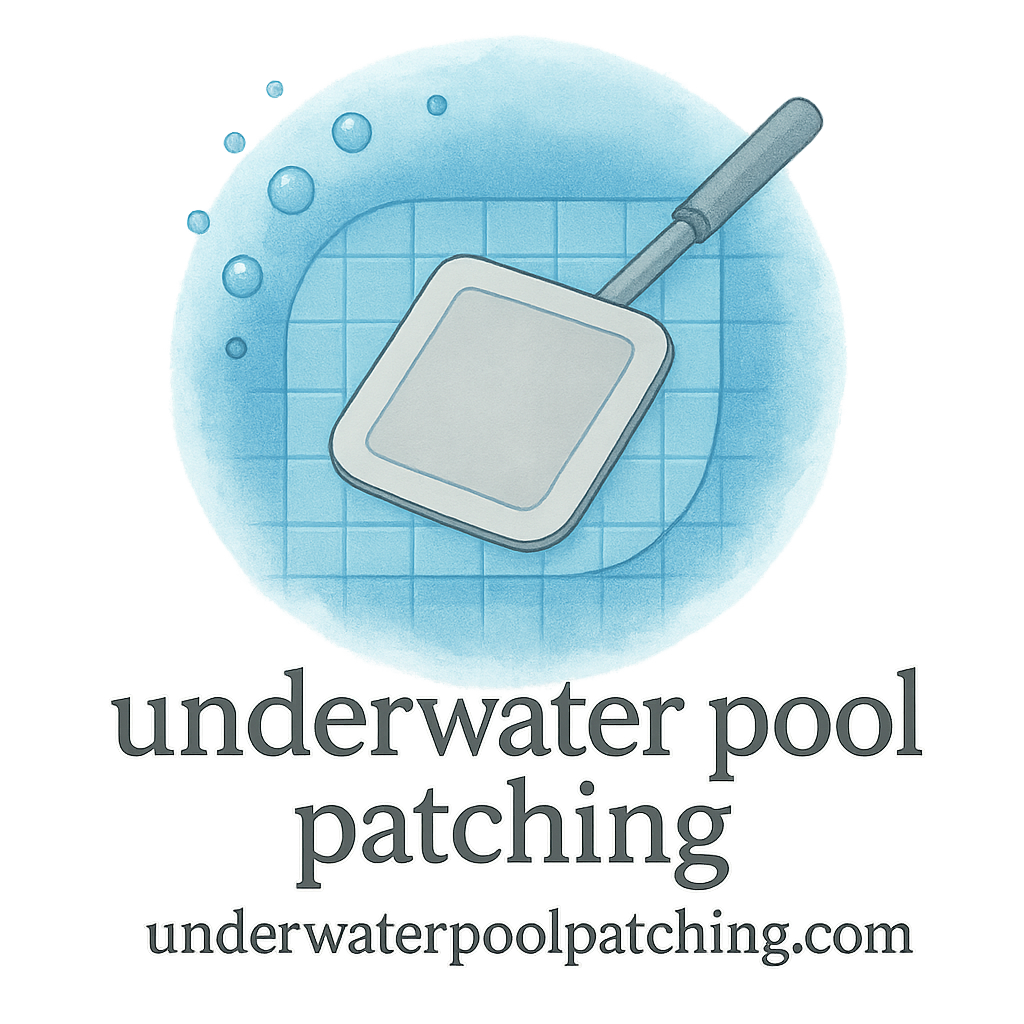Introduction
Underwater pool repairs can be a significant financial burden. Whether it’s a crack, leak, or worn-out materials, the cost of fixing and restoring a pool can skyrocket. For pool owners, this often means turning to financing options to make the repair process manageable. But how do you know which financing option is right for your project? In this article, we’ll explore five of the most popular financing options for large underwater pool repair projects.
Why You Need Financing for Large Pool Repairs
Swimming pools, especially those with complex underwater features, can suffer from a variety of issues like leaks, cracks, or structural damage. Repairing these problems usually requires specialized tools and materials, making the cost of repairs higher than expected.
The price can vary widely depending on the damage, the size of the pool, and the materials involved. Many homeowners find themselves unable to pay for large repairs upfront, which is where financing comes into play. Having the right financing option can help you spread the costs over time, giving you flexibility while ensuring your pool gets the necessary repairs.
Option 1: Personal Loans
Personal loans are often the go-to solution for many homeowners who need quick access to funds without putting up collateral.
What is a Personal Loan?
A personal loan is an unsecured loan that you can use for a variety of purposes, including pool repairs. These loans typically come with fixed interest rates and set repayment terms, making it easier to budget.
How to Qualify for a Personal Loan
To qualify for a personal loan, you’ll typically need a decent credit score, a stable income, and a low debt-to-income ratio. Lenders will also assess your creditworthiness to determine the loan amount and interest rate.
Pros and Cons of Personal Loans
The primary advantage of personal loans is flexibility—they can be used for any purpose, including large pool repairs. The downside is that they may come with higher interest rates compared to other options, especially for those with less-than-perfect credit. However, personal loans are a good choice for those who need fast access to funds.
For more information about repair costs and budgeting for pool repairs, check out Cost & Budgeting.
Option 2: Home Equity Loan
If you own a home, a home equity loan can be a great option for financing a pool repair project. These loans allow you to borrow against the equity in your home, usually at a lower interest rate than personal loans.
What is a Home Equity Loan?
A home equity loan is a second mortgage where you borrow money based on the equity you’ve built up in your home. It’s typically available for large expenses like pool repairs and offers a lump sum of money upfront.
Benefits of a Home Equity Loan
One of the biggest benefits of a home equity loan is the lower interest rates compared to unsecured personal loans. Home equity loans also offer larger loan amounts, making them ideal for extensive pool repairs.
Risks of Using Home Equity for Pool Repairs
While a home equity loan may have lower interest rates, it does come with risks. If you fail to make payments, you could risk losing your home, as it is used as collateral for the loan.
Learn more about maintaining and preventing pool issues by visiting Maintenance & Prevention.
Option 3: Pool Repair Financing from Contractors
Some pool repair contractors offer in-house financing, allowing you to pay for repairs over time directly through the contractor. This can be a convenient option, especially if you want to avoid dealing with a bank or lender.
How Financing through Contractors Works
Contractor financing usually involves no upfront payment or interest-free periods, with repayment terms depending on the contract you sign. However, be sure to check for hidden fees or higher rates once the promotional period ends.
Pros and Cons of Contractor Financing
The biggest benefit of contractor financing is convenience—there’s no need to apply for a loan through a third party. The downside is that interest rates can vary, and the terms may not be as favorable as other financing options.

Option 4: Credit Cards with 0% APR Offers
If you have a credit card with a 0% introductory APR offer, you can use it to finance your pool repair costs without paying interest for a set period.
Best Credit Cards for Large Purchases
Look for credit cards that offer 0% APR for at least 12 months. These cards are great for larger purchases, like pool repairs, as they allow you to pay off the debt without interest charges for a while.
Risks and Rewards of Using Credit Cards
The main advantage of using a credit card with 0% APR is that you can spread out your payments without accruing interest during the promotional period. However, if you don’t pay off the balance before the promotional period ends, you could be hit with high-interest rates, making the debt more expensive.
Explore more on pool repair techniques through Repair Techniques.
Option 5: Government Loans and Grants
In some cases, you may be able to access government-backed loans or grants that can help with pool repair projects. These are typically available for home improvement projects that address safety concerns or environmental issues.
How to Qualify for Government Funding
Government loans and grants often come with strict eligibility requirements. Typically, they are available for low-income households or homes in certain areas. Check with your local government to find out if you qualify for any assistance.
Pros and Cons of Government Funding
The main benefit of government loans and grants is that they typically offer lower interest rates, and some grants don’t require repayment. However, the application process can be lengthy, and funding may not always be available.
How to Choose the Right Financing Option
When deciding which financing option to pursue for your pool repair project, it’s important to consider several factors:
Factors to Consider
- Interest Rates: Higher interest rates can increase the total cost of the loan.
- Repayment Terms: Choose a financing option with terms that fit your budget.
- Loan Amounts: Some options offer larger loan amounts than others.
- Credit Score: Your credit score will influence the loan options available to you.
Consult a Financial Advisor
If you’re unsure which financing option is best for your situation, it may be wise to consult a financial advisor. They can help you navigate the various options and find the one that fits your needs.
For more detailed advice, check out our Routine Checks guide.
Conclusion
When facing a large underwater pool repair project, having access to financing can make all the difference. Whether you opt for a personal loan, home equity loan, contractor financing, credit cards, or government funding, there are plenty of options available to help manage the costs. Take the time to evaluate each option, considering interest rates, repayment terms, and your overall financial situation.
FAQs
- What is the best financing option for pool repairs?
It depends on your financial situation, but personal loans and home equity loans are popular choices due to their flexibility and lower interest rates. - Can I use a credit card to pay for pool repairs?
Yes, if you have a credit card with a 0% APR offer, you can use it to pay for repairs and avoid interest charges for a limited time. - How long does it take to get approved for a personal loan?
Approval time varies, but it usually takes a few days to a week, depending on the lender and your financial profile. - What is the risk of using a home equity loan for pool repairs?
The main risk is that your home serves as collateral. If you miss payments, you could lose your home. - Can contractors help finance my pool repair?
Yes, many pool repair contractors offer in-house financing, which can be convenient for homeowners who don’t want to deal with third-party lenders. - How do I qualify for government loans or grants?
Eligibility requirements vary, but they are typically available to low-income households or those living in certain areas. - What factors should I consider when choosing a financing option?
You should consider the interest rates, repayment terms, loan amounts, and your credit score when selecting a financing option.
This article covers everything you need to know about financing your underwater pool repair project. Feel free to explore the links to learn more about cost and budgeting, maintenance prevention, and other related topics!


